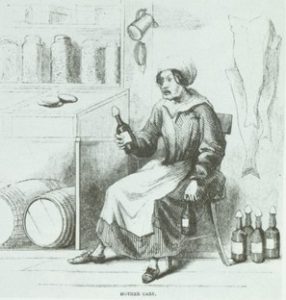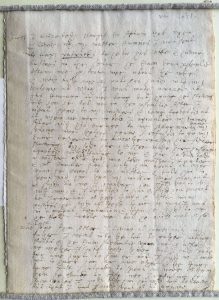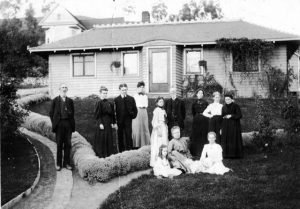
61 Bowdoin Street, Boston, Tuesday, 4 April 1865: Frank [Gray][2] has just come in – all lectures and recitations are suspended to day at Harvard in honor of the taking of Richmond. The students had a great excitement yesterday on receiving the news and were allowed to cut recitations for the rest of the day. This morning after prayers, President Hill[3] made a short address and dismissed them as he said to “meditate for the day” on this great blessing – whereupon they all adjourned to the green, sang Old Hundred[4] with vim, and after some cheering, scattered. The public schools yesterday were dismissed at once on reception of the news. To-day there will be a great meeting in Faneuil Hall[5] – ah! how the great “golden-mouthed” orator Ed. Everett[6] will be missed there. How he would have thrilled all hearts to-day; and my poor brother John,[7] how this news would have gladdened his heart! Continue reading ‘To the light at last’






